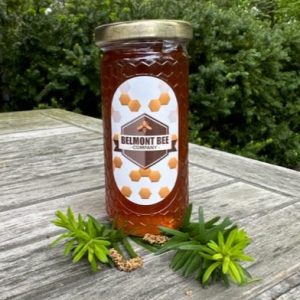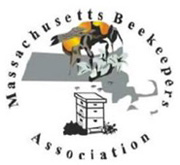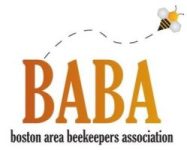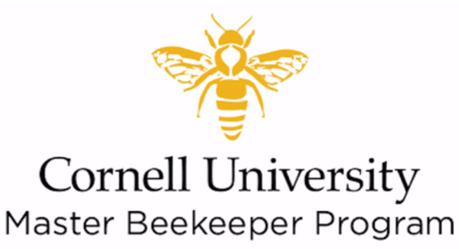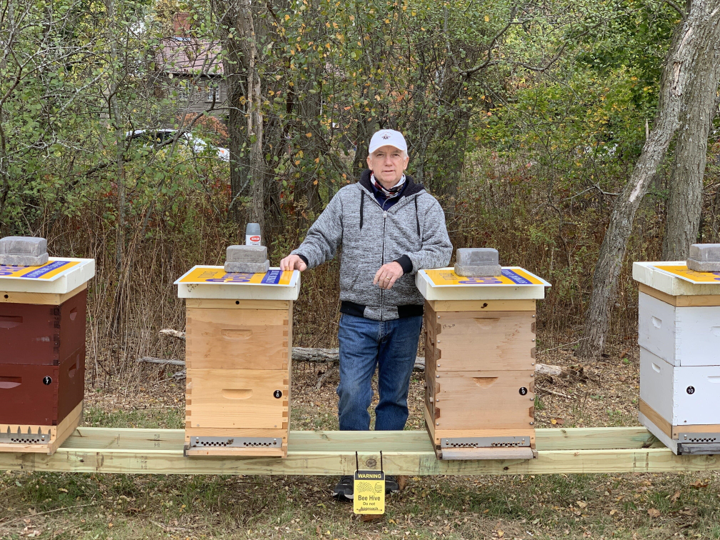
“One ought to do good to others as simply as a horse runs or a bee makes honey.” – Marcus Aurelius
There is so much we could say about Phil Thomas. We could talk about his distinguished career in high technology, which followed his distinguished career in Naval Intelligence. We could talk about growing up oceanside in Florida, where his father worked as a photographer for NASA and John Glenn visited the house. We could talk about his childhood hopes of becoming the next Mickey Mantle (stymied only, perhaps, by height).
We could also talk about Phil’s life as a member of the Latter Day Saints Church, since this has informed so much else—including, after two years as a young Mormon missionary in England, an astute business sense. “If you can engender trust, people are more inclined to listen to you,” he says. We could talk about how he currently coaches other executives; as a young CEO himself, “I didn’t know what I didn’t know.” Or how, at the age of 75, he is working towards becoming a business mediator. “No one gets everything,” he explains, “but there’s resolution and you have a voice in the outcome.” He approaches conflict resolution with the respect a conductor might use to approach a symphony.
Every chapter of his life is full of quotable experience.
But Phil himself would like to talk about bees. And so, that is what we will do.
It began in 2018, with a YouTube video about an Australian father and son apiarist team. Phil was fascinated: CEO, coach, and negotiator had encountered a hive community where every member collaborated on a common goal. Bees adapt when necessary, and die without hesitation in the interest of collective survival. While mankind is not very adept at living in community, bees practice conflict resolution even before conflict occurs. They have no need for mediation.
The Master Beekeeping course at Cornell elevated Phil’s beekeeping from hobby to commercial level. For the bee-ignorant among us, apiology hums with facts and numbers. Up to 60,000 residents live together within a hive, most of them semi-sterile females. During their short lives—about five to six weeks in summer and spring, about twice that in winter—they evolve through a series of roles; beginning as janitor bees cleaning the hive, becoming nurse bees caring for the brood, then water-collecting bees, then nectar-seekers. There are undertaker bees and guard bees, too.
The great progenitor is more enduring. After her mating flights, the queen lives up to four protected years, laying around 2,000 eggs a day in the cells of the hive. When she dies—or if she weakens, and Darwinian forces within the colony put an end to her—nurse bees transform one of the genetically identical larvae into royalty by feeding her a protein-rich secretion from their glands. “Royal jelly” is a kind of miracle of creation—but also true.
Bees are short-lived (and unlike humans, have no preoccupation with mortality), but have been around for 30,000,000 years. “Edible honey was found in King Tut’s tomb,” Phil says, adding, to be clear, “I don’t think anyone ate any of it.” The work is labor-intensive: a pound of honey requires nectar from 2 million flowers, and the average forager makes only 1/12 a teaspoon in its goal-driven life.
Many of these irresistible facts are on Phil’s Belmont Bee Company website (belmontbeecompany.com), where “our focus is on the watchful care of our bees.” As head beekeeper, he sells from a dozen colonies living luxuriantly in a corner of the Rock Meadow Conservation area. Locating them here requires collaboration with the Belmont Conservation Commission (“They get honey in the spring”), and he chose Rock Meadow because of its abundant water supply, its abundant wildflower supply, and its paucity of insecticide spraying. “My dream,” he says, “would be a crop duster plane flying over and dispensing a billion flower seeds.”
A few times a year, Phil dons his gear for a complete hive inspection. Over several hours, he watches the entrance for flight activity, opens and checks frames for egg-laying patterns, makes sure the bees have sufficient food (and if not, especially in winter when business shuts down, supplies them with a careful formulation of sugar and amino acids), cleans out the dead, clears away debris, and attacks the number one honeybee enemy: varroa mites. Shorter inspections occur every one to two weeks. “I can also pop the lid off the hive and listen,” he says. If the queen is alive, all is calm and quiet; if she is dead, noise and chaos reign throughout the land.
Yes, to answer the question, he has been stung hundreds of times. Yet beekeepers live longer than any other profession, and bee venom contains melittin, which may have a role in preventing several types of cancer. Even so, take this advice: the safest response to a sting is to flick off the barbed stinger before it can continue to inject venom.
Along with caring for hives and rescuing honeybees from disease, one of Phil’s jobs as a member of the Massachusetts Bee Keepers Association is to collect swarms. When a queen and half the hive take flight for a less crowded new home, usually in late spring, the visual effect is intimidating. A call is made, and help arrives—not for the humans, but for the bees. “Sometimes they swarm on the hood of a car, or a deck, or a child’s swing,” Phil explains. He has rescued and safely relocated swarms from trees, leaning out the window of an eighth floor apartment in Boston, and once, from some Belmont Hill School bleachers in the middle of a football game. Without help, the swarm has a 20% chance of creating a new comb. With his help, it’s 80%. “The sound of a swarm congregating, there’s nothing like it,” he says. “You can feel the energy, like a mini-version of a tornado, tens of thousands of beating wings.”
A single respectful, hard-working human (wearing a “Hives Matter” baseball cap on this day) can protect tens of thousands of hard-working insects. “For all of us to flourish,” Phil says, “we should do work that’s constructive. Working on behalf of a community is good, and you’re never too old to help someone. We should evolve,” he adds firmly, “like the bees.”
Elissa Ely is a community psychiatrist.



